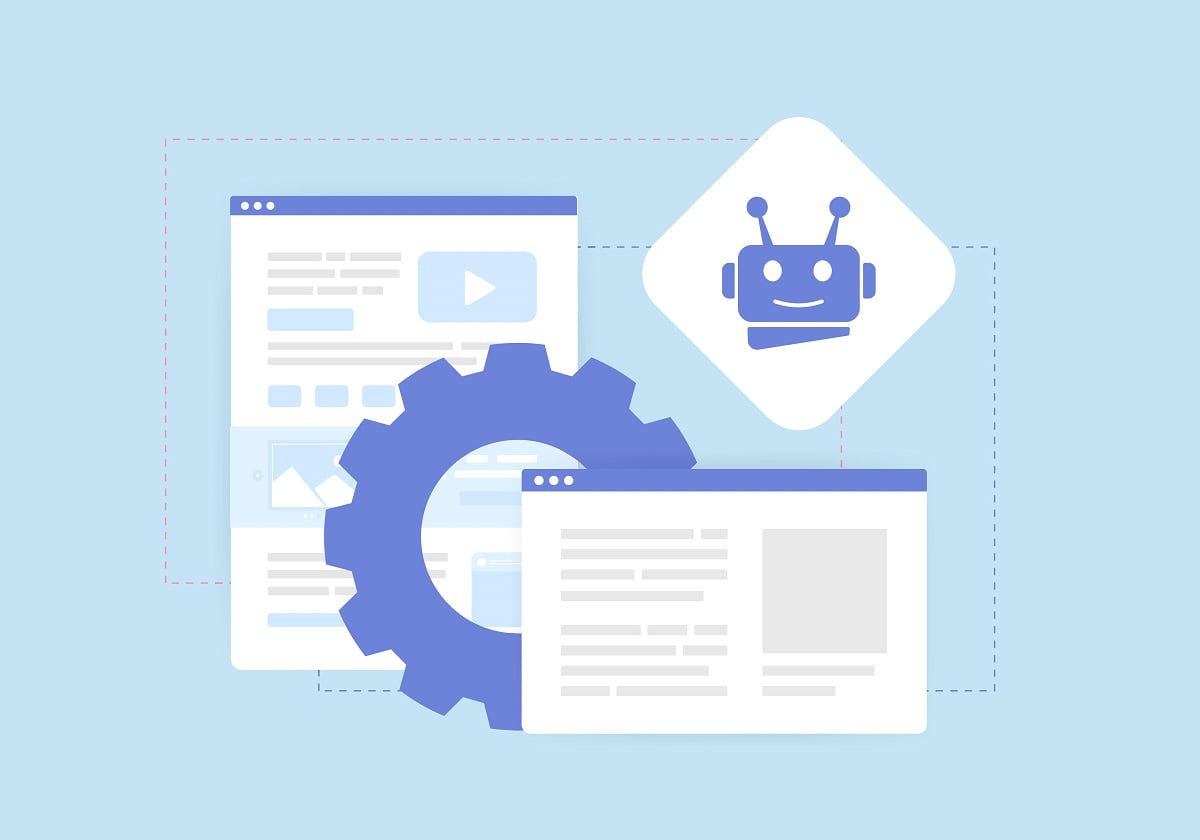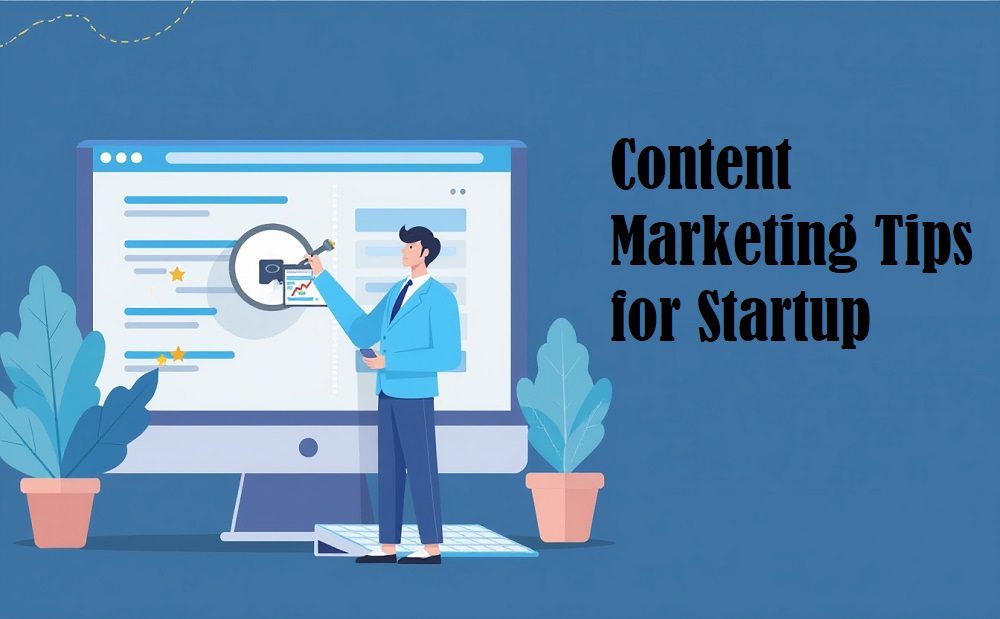What is SEO and How Does It Work for Beginners?

Search Engine Optimization, commonly known as SEO, is the process of optimizing your website and its content to improve its visibility on search engines like Google, Bing, and Yahoo. In simple terms, it’s about making your website easier to find when users search for information, products, or services related to your niche.
For beginners, understanding SEO basics can feel overwhelming, but it’s essential for anyone looking to build an online presence. Whether you’re a blogger, a business owner, or just someone curious about how the web works, this guide will walk you through the foundational concepts and how you can leverage SEO for success.
Key Takeaways:
- SEO is a long-term strategy that helps websites rank higher on search engines.
- The three main components of SEO are on-page SEO, off-page SEO, and technical SEO.
- Understanding keywords, search intent, and how search engines work is critical for success.
Understanding SEO: The Basics
At its core, SEO revolves around the idea of aligning your website with the algorithms used by search engines to rank web pages. Search engines aim to provide the most relevant and high-quality results for user queries. Here’s a breakdown of SEO’s key aspects:
- On-Page SEO: Focuses on optimizing the content, structure, and HTML elements of your website. This includes using relevant keywords, writing high-quality content, and ensuring a great user experience.
- Off-Page SEO: Involves activities that take place outside your website but contribute to your rankings, such as building backlinks and promoting your site on social media.
- Technical SEO: Deals with backend elements like site speed, mobile-friendliness, and crawlability, ensuring that search engines can access and index your site efficiently.
How Does SEO Work?
SEO works by helping search engines understand your content better and determine its relevance to specific queries. This process involves three key steps:
1. Crawling
Search engines use bots (also called spiders or crawlers) to scan websites and discover new pages. These bots analyze everything from your site’s content to its structure.
2. Indexing
Once a page is crawled, search engines store its information in a vast database called an index. Pages in the index are considered for ranking when a user performs a search.
3. Ranking
When a user searches for something, the search engine analyzes its index to display the most relevant results. These results are ranked based on numerous factors, including keyword relevance, content quality, and user experience.
Components of SEO
| Component | Description |
|---|---|
| On-Page SEO | Optimizing content, titles, meta tags, and structure within your website. |
| Off-Page SEO | Building backlinks and increasing your site’s authority externally. |
| Technical SEO | Improving site speed, mobile usability, and proper indexing. |
Why is SEO Important?
Investing in SEO can offer long-term benefits, including:
- Increased Visibility: Higher rankings mean more people find your website.
- Organic Traffic: SEO drives free, sustainable traffic compared to paid ads.
- Credibility and Trust: A top-ranking website is often seen as more trustworthy.

What is SEO and How Does It Work for Beginners Complete Guide
Step-by-Step SEO Guide for Beginners
1. Keyword Research
Every SEO strategy begins with identifying the right keywords. Use tools like Google Keyword Planner, SEMrush, or Ahrefs to find terms your audience is searching for.
2. Optimize On-Page Elements
Ensure your content includes target keywords, and optimize the following elements:
- Title Tags
- Meta Descriptions
- Headers (H1, H2, etc.)
3. Create Quality Content
Content is king in SEO. Write content that is engaging, relevant, and adds value to your audience. Include NLP keywords like search engine rankings, organic traffic, and backlink building naturally in your text.
5 Essential SEO Tools for Beginners
- Google Analytics: Tracks website traffic and user behavior.
- Yoast SEO: A WordPress plugin for optimizing on-page SEO.
- SEMrush: A comprehensive tool for keyword research and competitor analysis.
- Ahrefs: Ideal for backlink analysis and content research.
- Ubersuggest: Free tool for generating keyword ideas.
Key SEO Metrics to Monitor
| Metric | Why It Matters |
|---|---|
| Organic Traffic | Measures how many visitors come from search engines. |
| Bounce Rate | Indicates if users find your content engaging. |
| Backlink Profile | Reflects your site’s authority and trustworthiness. |
| Keyword Rankings | Tracks how well you rank for target terms. |
| Page Speed | Affects user experience and rankings. |
FAQs About SEO
Q1: How long does SEO take to show results?
SEO is a long-term strategy, and it can take anywhere from 3 to 6 months to see significant improvements.
Q2: Can I do SEO myself as a beginner?
Yes! With the right resources and dedication, beginners can effectively implement basic SEO strategies.
Q3: What’s the difference between organic and paid traffic?
Organic traffic comes from search engine results, while paid traffic comes from ads. SEO focuses on growing organic traffic.
Q4: What are keywords in SEO?
Keywords are the terms users type into search engines. They guide your content strategy and help search engines understand your page.
Q5: Does SEO require coding skills?
No, you don’t need advanced coding skills to do SEO, but a basic understanding of HTML can be helpful.
Q6: What are backlinks, and why are they important?
Backlinks are links from other websites to yours. They signal to search engines that your site is credible and authoritative.
Q7: How often should I update my content for SEO?
Regularly updating your content ensures it stays relevant and helps maintain your rankings.
Q8: What is mobile-first indexing?
Mobile-first indexing means Google primarily uses the mobile version of your site for ranking and indexing.
By understanding SEO basics and taking small, consistent steps, you can improve your website’s visibility and attract more visitors over time. The key is to stay patient, monitor your progress, and adapt to changes in search engine algorithms. Happy optimizing! 🚀






